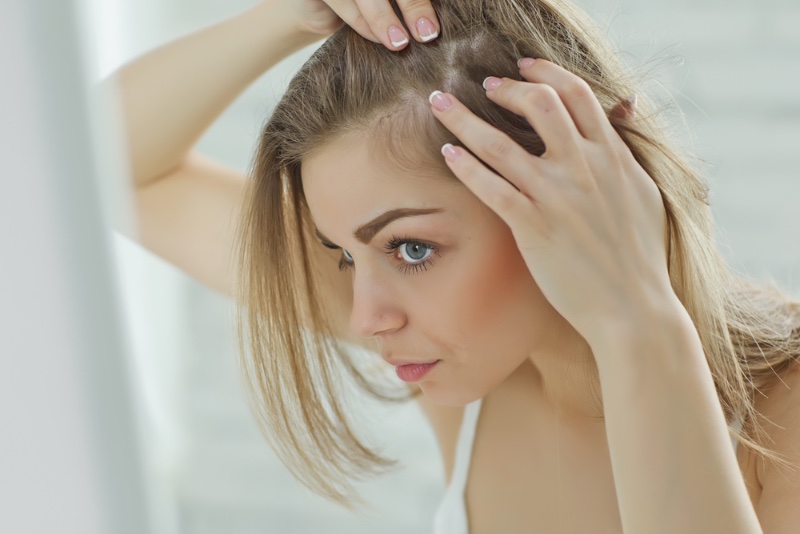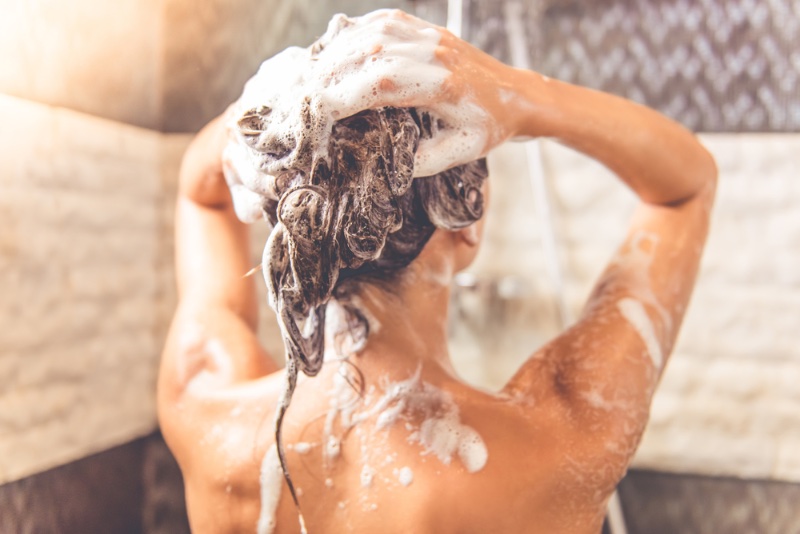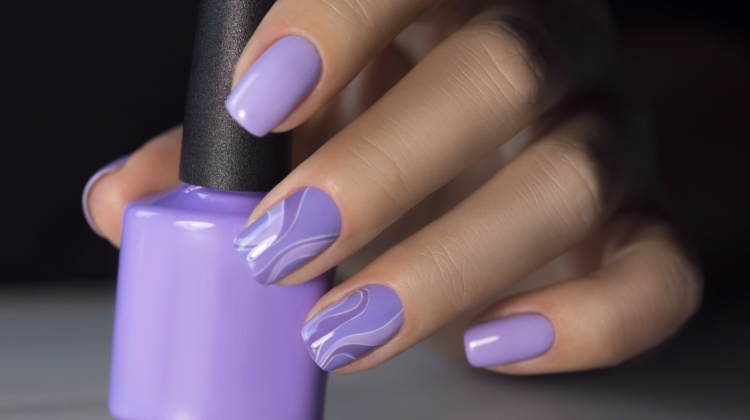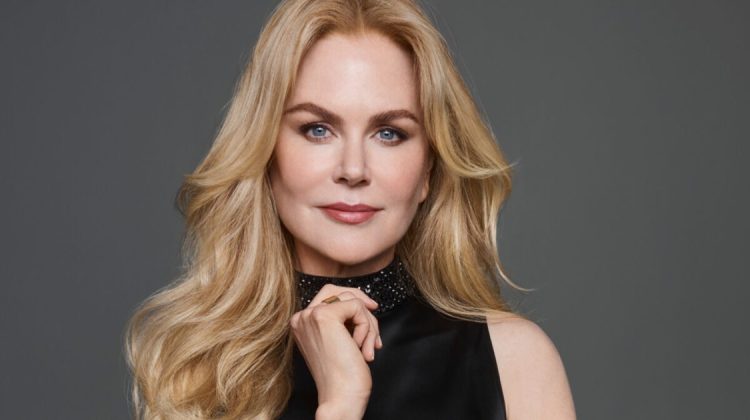
Hair loss (alopecia) can annoy men and women; many see a receding hairline threatening their appearance. But what’s worse is that most victims don’t know the cause of this condition.
You’ve probably heard people regretting the decision to wear their hats regularly. Some blame women’s hair loss on the type of shampoo they used recently, while others believe it’s their parents’ fault.
But do these opinions have any truth in them? The answer is no. Losing your hair doesn’t necessarily mean you’ve been doing it all wrong. Most “reasons” you read or hear from people are just myths.
Keep reading to avoid unnecessary panic and regrets:
Myth 1: Wearing Hats Causes Permanent Hair Loss

As mentioned earlier, many believe that wearing hats is the reason for their hair loss. While it’s not entirely false, there’s a very low probability that it could cause your current condition.
Experts are still researching whether this belief holds any scientific truth, and no study has supported it yet. So, it’s fair to rule it as a myth.
But then again, some scientists suggest that wearing your hat too tightly for extended periods can damage your hair. Of course, it doesn’t always lead to permanent hair loss, but the effects may be visible.
According to Cleveland dermatologist Dr. John Antony, tight hats can reduce follicle blood flow. As a result, it can stress them and force them to fall out. You could experience temporary hair loss, escalating to a permanent condition. So, the best preventive measure is to wear loose-fitting hats made of soft materials like silk and cotton.
Myth 2: Hair Loss Only Affects Men
Alopecia is often associated with men, mainly because of male-pattern baldness. But do women also lose their hair? The answer is yes; hair loss isn’t exclusive to men.
Studies show that around 40% of women experience visible hair loss by the age of 40 years. Some possible causes include hormonal changes, medication, anemia, and stress.
Genetics may also cause this condition. For instance, female pattern hair loss (FPHL) is hereditary, and the genes you inherit from your mother, father, or both parents can lead to hair thinning on the scalp.
Alopecia affects all genders, but women usually appear worse, considering how much damage it has on their self-image. How can you solve the problem? The most common option that most dermatologists recommend is a hair lotion containing minoxidil.
Another answer to women’s hair loss is wearing hair. Many beauty companies offer hair progression solutions to make your hair look as natural as possible. Consult the experts around you to see which option suits your condition.
Myth 3: Bald Men Have More Testosterone

Testosterone plays a role in hair loss, and it’s one of the reasons why women also lose hair. However, the relationship between testosterone and male-pattern baldness is complex and poorly understood.
In male pattern baldness, hair follicles on the scalp become more sensitive to a hormone called dihydrotestosterone (DHT) derived from testosterone. DHT causes hair follicles to shrink over time, resulting in thinner and shorter strands until the hair eventually stops growing.
While testosterone is a huge contributor, high hormone levels don’t necessarily guarantee baldness. Many men with high testosterone levels have a full head of hair. Therefore, it’s unlikely that hair loss can be attributed solely to testosterone levels as there are other factors, such as medical conditions and age.
Myth 4: Only Older People Experience Alopecia
If your family has a history of hair loss, initial signs may occur even in your 20s. Other people start experiencing the onset of male-pattern baldness before their 21st birthdays.
So, you don’t have to hit middle age to start losing hair. But you’ll notice the condition later; most victims see it after losing half of their hair.
Myth 5: Frequent Shampooing Causes Hair Loss

Like hats, there isn’t any scientific evidence that shampooing can lead to hair loss. Many people see hair falling out while in the shower and conclude that their shampoo is the culprit.
In most cases, you collect the hair that would’ve fallen out naturally through hair shedding. However, using a gentle shampoo and avoiding harsh chemicals that can damage your hair follicles is essential.
Final Words
Hair loss affects many people worldwide. However, there are still many myths being shared around regarding this condition. For instance, the idea that only men can experience hair loss has forced many women to avoid seeking professional advice.
The effects of hats and shampoos are still debatable, with experts still split on whether they lead to hair loss. Nevertheless, the above information should help you debunk some of these myths and take care of your hair effectively.





